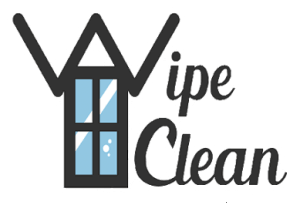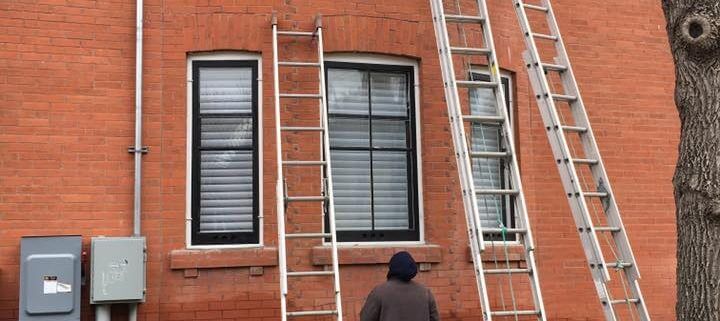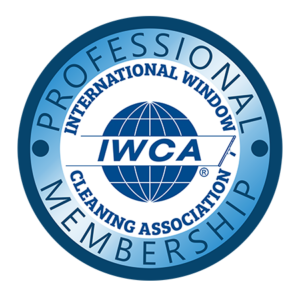Pressure Washing Brick
An Expert Guide To Pressure Washing Brick Surfaces
Are you pressure washing brick surfaces correctly? If you’re not sure, don’t worry – we’re here to help. In this expert guide, we’ll show you how to pressure wash brick surfaces the right way, in order to achieve the best results. We’ll also provide some tips on what to avoid, so that you can keep your brick surfaces looking their best for years to come. Let’s get started!
Why pressure washing is important for brick surfaces:
Pressure washing brick surfaces is an important maintenance step for a variety of reasons. Not only does it have the ability to restore the beauty and aesthetic of your brick walls, but it also increases its lifespan. Pressure washing removes dirt, grime, mold and mildew from the surface that if left unattended may cause long-term damage to the brick and its underlying structures. In addition, pressure washing will remove stubborn stains and discolorations, which cannot be easily removed with traditional cleaning methods. Therefore, periodic pressure washing is necessary to keep your brick walls in excellent condition, both aesthetically and structurally.
The best time of year to pressure wash your brick surface:
With the warm weather of summertime, now is the prime time to pressure wash your brick surface. Pressure washing is a great way to bring life back to any outdoor space by removing built-up dirt, debris, and contaminants. Summertime affords ideal working conditions for professionals providing this service as there tend to be fewer rainy days which can create challenges with power washing. With the right temperatures and dry spells, professionals who offer pressure washing services are able to provide the best results when tackling brick surfaces.
How to pressure wash your brick surface:
Keeping your brick surface looking its best may be easier than you think when you use a pressure washing machine. Pressure washing is an effective way to clean dirt, mildew, and pollutants from bricks and other masonry surfaces. The key to successful pressure washing is to start at the lowest pressure setting to ensure your bricks are not damaged. From there, work your way up to higher settings as needed. If areas need more attention, scrub those spots lightly with a soft bristle brush for extra cleaning power. Make sure you rinse off the cleaning solution before it has a chance to dry so that you won’t end up with faded or discolored bricks!
Tips for maintaining your pressure washer:
For those looking to maintain pressure washing brick surfaces, having a dependable pressure washer is key. To keep your pressure washer running like new, it is important to take the time to periodically clean and lubricate its components. Taking the time to inspect your machine regularly and clean clogged air filters can help ensure that the device is working properly and efficiently. Furthermore, making sure moving parts are adequately lubricated will help to prevent corrosion and wear and tear over the long term. By following these simple steps you can rest assured that your pressure washer will be up for even the most challenging tasks with ease.
FAQs about pressure washing brick surfaces:
Maintaining brick surfaces around your home or business can be a challenge. Pressure washing provides an effective and efficient method of keeping these surfaces looking their best. In order to help you get the most out of the pressure washing process, here are some frequently asked questions about pressure washing brick surfaces: What is the best nozzle for pressure washing? How much pressure should be used? How often should I pressure wash my bricks? For answers to these questions and more, consult a professional in the industry – they will be able to provide the information you need for successful maintenance and cleaning of your brick surfaces.
Pressure washing your brick surface is important to prevent long-term damage. The best time of year to pressure wash is in the spring or fall. When pressure washing, use a 45-degree angle and move the wand in a zigzag pattern. Be sure to maintain your pressure washer by checking the oil level, hose connections, and air filter regularly. For more information on pressure washing bricks, check out our FAQs section.

Brick Power Washing Services
https://www.google.com/maps?










Leave a Reply
Want to join the discussion?Feel free to contribute!